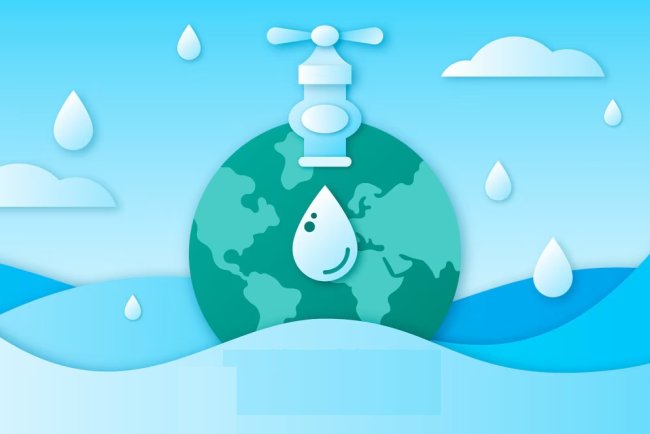Coca-Cola's Plastic Waste to Exceed 1.33 Billion Pounds in Waterways by 2030: Study
Coca-Cola's plastic waste is projected to exceed 1.33 billion pounds in oceans and waterways by 2030, according to a new study by Oceana. The report urges the company to revive reusable packaging efforts to reduce plastic pollution.

A recent report by green NGO Oceana warns that Coca-Cola's plastic pollution is anticipated to amount to around 1.33 billion pounds a year in the world's waterways and oceans by 2030. The report highlights the increasing environmental impact of single-use plastic, which has led to fears over pollution and the increasing risk of microplastics to human health. Oceana's estimate is based on Coca-Cola's publicly released statistics from 2018 through 2023, along with sales growth predictions, projecting that the company will use more plastic than 4.13 million metric tonnes (9.12 billion pounds) annually by the close of the decade.
The evaluation, using a peer-reviewed method present in Science, estimates the volume of such plastic waste would equate to the quantity of some 220 billion half-liter cans. The Coca-Cola Company ranks as the world's most plastic-polluting brand ahead of other world-leading plastic polluters such as PepsiCo, Nestlé, Danone, and Altria. The document presents the argument that water sources have a serious burden to contribute to greenhouse gas production due to plastic mainly being produced utilizing fossil fuels.
Oceana urges Coca-Cola to restore its returnable packaging initiatives, which are successful in Brazil, Germany, and Nigeria. Returnable package solutions, like returnable glass bottles and thicker PET plastic packaging, would reduce waste significantly. Coca-Cola promised 25% reusable packaging by 2030 but removed the promise from its latest sustainability report and instead highlighted increasing recycled plastic content and intensifying collection.
Critics argue that recycling is not addressing the origin of plastic waste because much of the plastic that is produced still ends up in landfills or poisoning the environment. Advocates push for corporate responsibility, calling on corporations like Coca-Cola to put money into mass refillable packaging systems. Though the company has confirmed it remains devoted to expanding refillable packaging, green groups are calling for further commitments to halt plastic pollution in earnest.
As Coca-Cola increases its market share, its environmental impact in terms of plastic usage is set to grow. As public awareness and regulatory pressures rise, it is becoming ever more challenging for companies to strike a balance between business expansion and sustainability efforts. Oceana urges Coca-Cola and other major brands to take concrete actions toward reducing single-use plastic dependence and promoting sustainable packaging practices.
Source: Oceana Report, AFP
Credits: Issam Ahmed, AFP
What's Your Reaction?

















